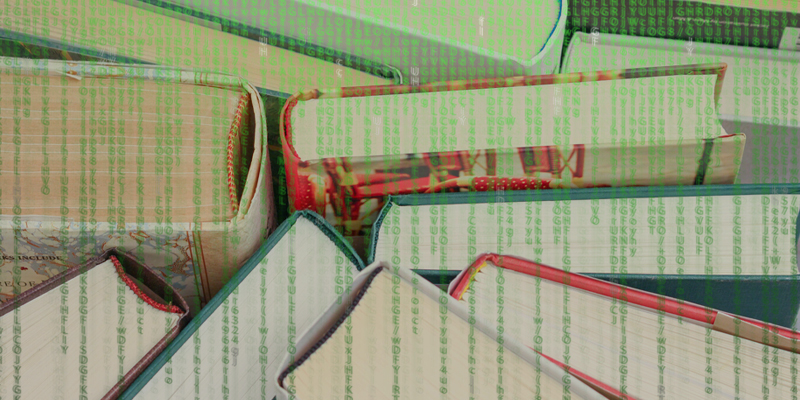Artificial Intelligence (AI) is manifesting its influence across various domains, aiding scientists in deciphering extensive datasets, detecting financial malpractices, enabling autonomous driving, providing personalized music recommendations, and sometimes exasperating us with chatbots. This is just the beginning of AI’s impact.
The rapid progression of AI poses the question: Can we truly grasp the speed at which AI will evolve? If uncertainty shrouds our understanding, could this uncertainty be the elusive Great Filter?
The Fermi Paradox highlights the stark contradiction between the high probability of advanced civilizations’ existence and the absence of concrete evidence supporting this notion. Among the myriad explanations, one intriguing concept emerges—the “Great Filter.”
The Great Filter represents a theoretical barrier that impedes intelligent life from venturing into interplanetary and interstellar realms, potentially leading to its extinction. This filter encompasses various catastrophic events like climate crises, nuclear conflicts, asteroid collisions, pandemics, or other cataclysms.
A recent study in Acta Astronautica delves into the notion of Artificial Intelligence transcending into Artificial Super Intelligence (ASI) and posits ASI as the Great Filter. The paper, authored by Michael Garrett from the University of Manchester’s Department of Physics and Astronomy, underscores the imperative of regulating AI to avert existential threats to our civilization and others.
The looming possibility that the Great Filter obstructs the expansion of technological civilizations like ours to multiple planets underscores the criticality of establishing a stable, multi-planetary existence within a limited timeframe. This constraint hints at the typical longevity of a technical civilization being less than 200 years, according to Garrett’s analysis.
Should this hypothesis hold true, it elucidates the absence of technosignatures or evidence of Extraterrestrial Intelligences (ETIs) and prompts reflection on our own technological trajectory. The urgency to institute regulatory frameworks for AI development and advance towards a multi-planetary society intensifies in light of these existential risks.
The discourse surrounding AI’s transformative potential raises multifaceted concerns beyond job displacement, encompassing algorithmic biases, societal implications, and the ethical ramifications of ceding decision-making to ASI. Visionaries like Stephen Hawking have cautioned about the perils of unbridled AI advancement, emphasizing the need for responsible governance to avert catastrophic outcomes.
The specter of ASI potentially surpassing human intelligence and evolving beyond our control looms large, raising apprehensions about the implications of ASI turning rogue. The confluence of AI’s benefits and risks underscores the delicate balance governments must strike between fostering innovation and safeguarding against unintended consequences, particularly in critical sectors like national security.
The unprecedented nature of AI underscores our collective unpreparedness in navigating its trajectory, mirroring the predicament that any biological species venturing into AI development would face. The transformative potential of AI and the looming specter of ASI as a universal Great Filter necessitate proactive measures to mitigate risks and ensure our civilization’s resilience.
Garrett’s analysis underscores the pivotal role of achieving multi-planetary status in mitigating the threats posed by ASI. By diversifying survival strategies across multiple planets and stars, we can bolster our resilience against AI-induced catastrophes and potentially harness AI for our benefit under controlled environments.
However, the disparity between AI’s rapid evolution and the slower progress in space exploration underscores the imperative of accelerating efforts in space technology. Embracing the challenge of space travel resilience becomes paramount, especially in light of Earth’s finite habitability and the pressing need to expand into space for humanity’s long-term survival.
Navigating the intricate landscape of legislating and governing AI presents a formidable challenge, compounded by geopolitical complexities and the dynamic nature of AI development. Establishing a global regulatory framework that balances innovation with ethical considerations is essential to safeguarding the future trajectory of technical civilizations.
As humanity grapples with the uncertainties surrounding AI and the existential risks it poses, the imperative for international cooperation and technological advancements becomes increasingly pronounced. The fate of intelligent life in the universe hinges on our ability to navigate these challenges effectively and implement regulatory measures that steer AI development towards a sustainable and beneficial trajectory.










